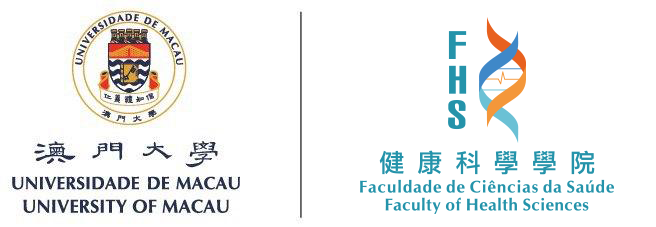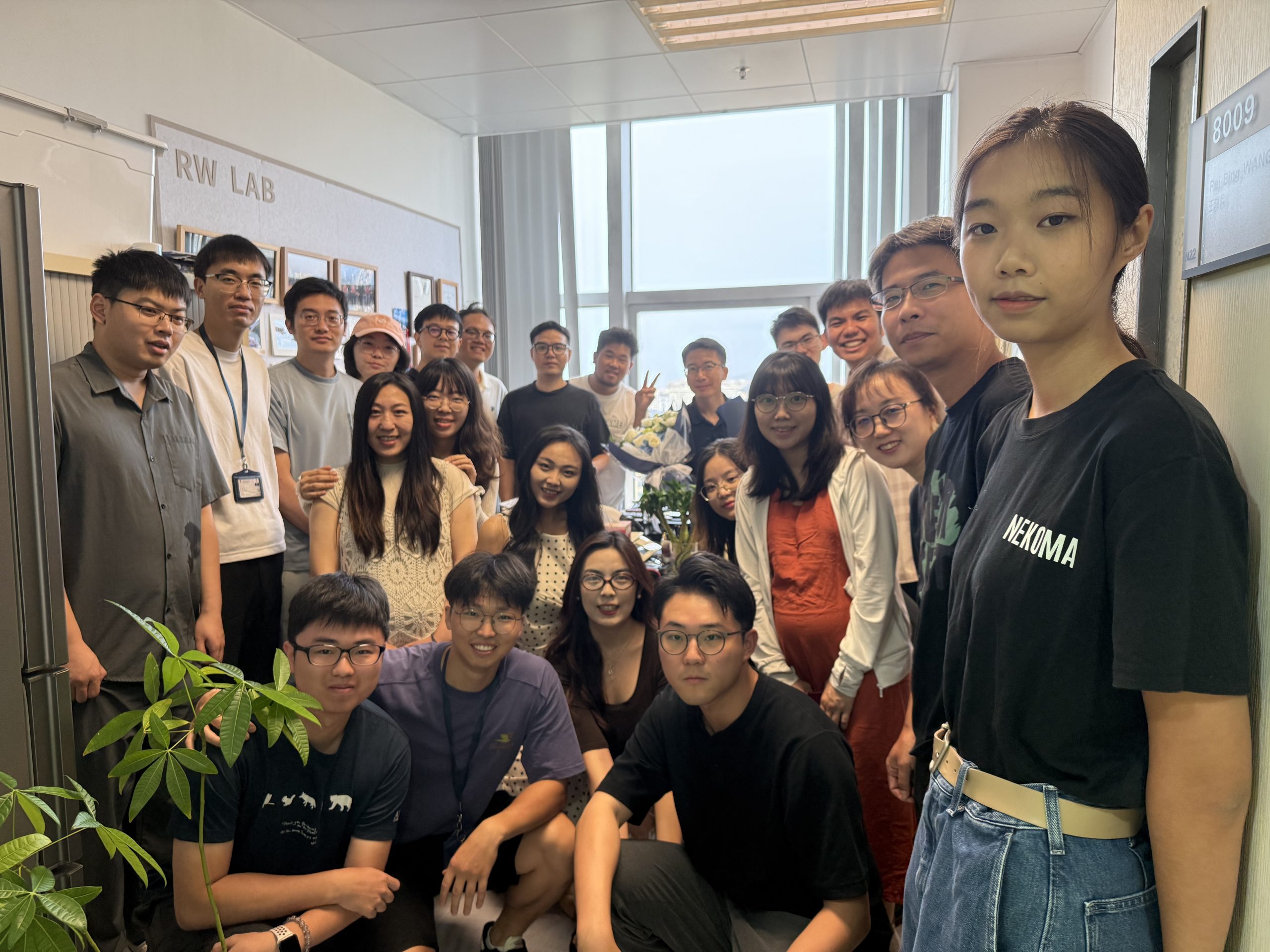The 19th ‘Challenge Cup’ National College Student Extracurricular Academic and Technological Works Competition recently concluded in Nanjing. The University of Macau (UM) achieved remarkable results, winning one first prize, two second prizes, and one third prize, and was awarded the ‘Excellence Cup’ for its outstanding overall performance. Among the winners was Yuxi SHI, an undergraduate student from UM’s Faculty of Health Sciences (FHS), who received a second prize for her project titled ‘Chloroplast-Derived Pro-Inflammatory Batteries: Utilising Light Energy to Activate the Immune System in Tumour Microenvironment’. Her achievement highlights FHS students’ innovative research capabilities in cutting-edge biomedical fields.
The project was jointly developed by FHS and the Institute of Chinese Medical Sciences (ICMS). According to Shi, the research addresses the challenge of immunosuppressive tumour microenvironments in colorectal cancer and other ‘cold tumours’, where T-cell infiltration is insufficient. The team proposed a novel chloroplast-based pro-inflammatory battery (CPIB) that uses light energy to drive ATP synthesis, reversing immune suppression and activating anti-tumour immune responses. ‘The biggest breakthrough lies in using chloroplasts to construct a light-driven organelle, which is a new attempt in this field and offers fresh insights for tumour immunotherapy,’ says Shi. While clinical application will take time, she believes that with technological advances, this efficient treatment approach will eventually become a reality.
Reflecting on her experience, Shi shared that her determination to participate stemmed from her supervisor’s encouragement. Prof Ruibing WANG, Professor of FHS and ICMS, urged her early on to challenge herself in top-tier national competitions and provided guidance throughout the research process. Shi admitted that the journey was not without obstacles, including the meticulous preparation and cleaning of chemical instruments, precise product separation and balancing demanding coursework with lab work. ‘These challenges were overcome thanks to the support of my supervisor and the entire research team. I am especially grateful to PhD student Tianshun DUAN, who offered invaluable assistance in experimental design, data analysis and manuscript writing. Without his help, I would not have been able to participate in the Challenge Cup,’ she says.
Shi emphasised that the achievement was a collective effort. ‘Our team has an incredible atmosphere of collaboration. From technical guidance and safety protocols to time management, everyone contributed selflessly. This honour belongs not only to me but to the entire team.’
She added that the competition was a transformative experience, strengthening her resolve to pursue a research career. ‘It was inspiring to meet outstanding peers from across the country and witness their innovative ideas. I hope to continue exploring this field and contribute to advancements in tumour immunotherapy.’
The ‘Challenge Cup’ is jointly hosted by the Central Committee of the Communist Youth League, China Association for Science and Technology, Ministry of Education, Chinese Academy of Social Sciences, Chinese Academy of Engineering, All-China Students’ Federation, and Jiangsu Provincial People’s Government. The competition is co-organised by Nanjing University and the Communist Youth League Jiangsu Provincial Committee, with title sponsorship support from China Mobile Communications Group Co., Ltd.




